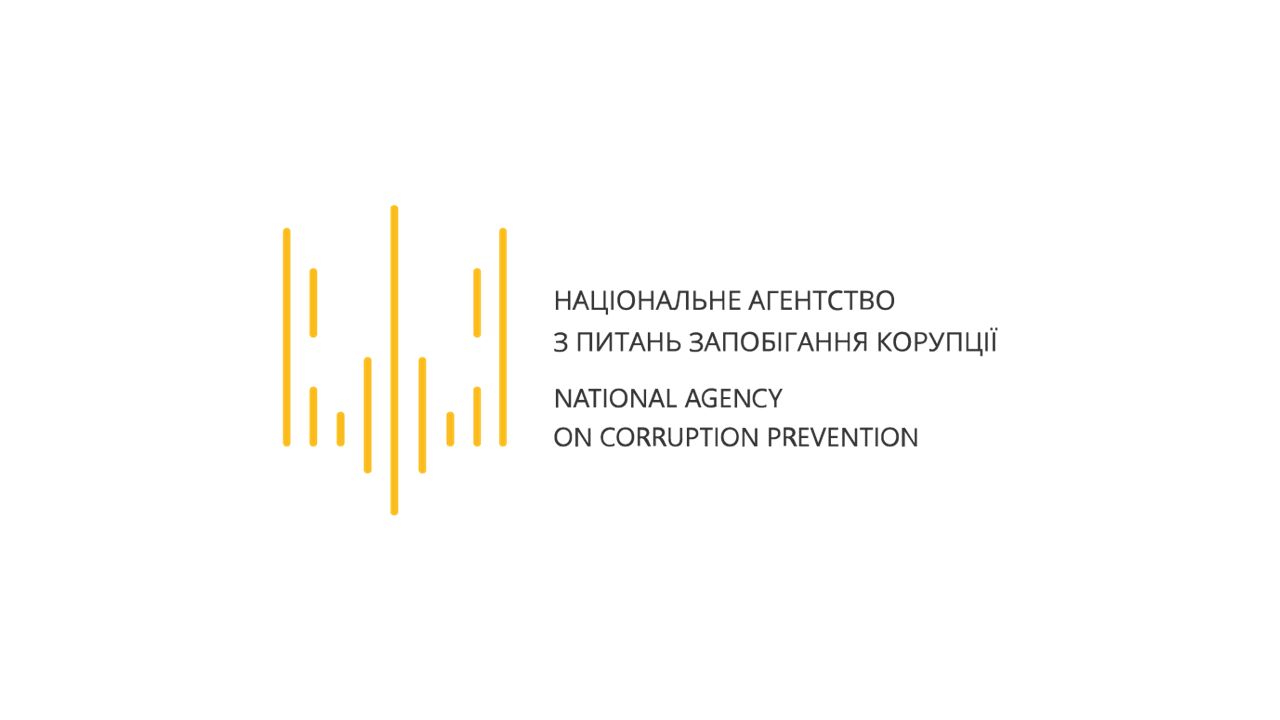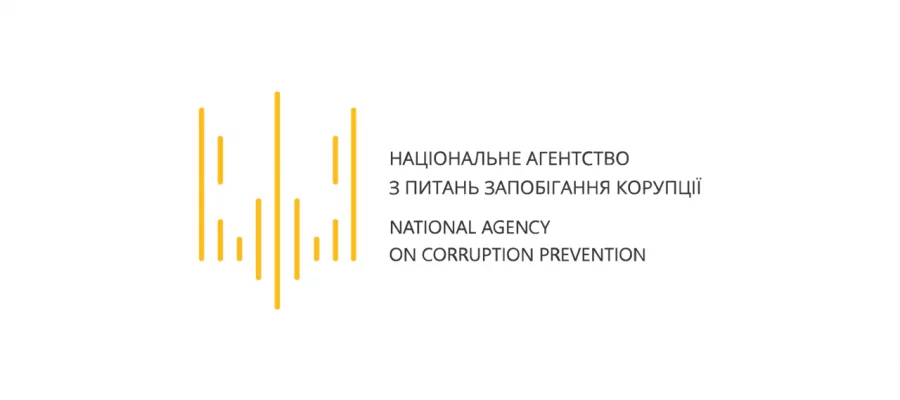Yesterday, October 31, the Council of Europe published an official letter from the President of the Group of States against Corruption (GRECO) Marin Mrčela and the President of the Venice Commission Gianni Buquicchio to the Speaker of the Verkhovna Rada of Ukraine Dmytro Razumkov regarding the last ruling of the Constitutional Court of Ukraine (CCU).
When deciding on the rapid recovery of the anti-corruption system, all the stakeholders should consider that it is not possible to provide it if the CCU’s ruling remains unchanged.
Thus, in this situation it is necessary to consider the following three aspects:
1. In its ruling, the CCU violated the Constitution of Ukraine at least twice:
- The CCU interfered with the powers of the Parliament, noting that the establishment of criminal liability for declaring knowingly inaccurate information, as well as intentional failure to submit a declaration is an excessive punishment for committing these offenses. According to the Constitution of Ukraine, only the legislative branch of government can determine which action should be considered as a crime.
- According to the Constitution, all branches of government should act exclusively within their powers, in the manner and on the grounds provided by the Constitution itself and the laws of Ukraine.
However, the judges violated the requirements of the Constitution and canceled the provisions of the Law of Ukraine “On Prevention of Corruption”, which were not challenged in the constitutional petition of the 47 members of Parliament.
2. The fundamental principles of law prohibit being a judge in one's own cause.
Some of the judges acted in their own interests while considering the case.
Three judges - Volodymyr Moysyk, Ihor Slidenko, and Iryna Zavhorodnia - could be brought to administrative and criminal responsibility by the canceled legal provisions. They were aware of this fact, however, did not file an objection and canceled the mentioned provisions. On the day when the ruling was issued, the National Agency on Corruption Prevention (NACP) announced that the other judge - Serhii Holovatyi - did not declare the property worth UAH 3.6 million (~$126,500). He also was aware of this fact at the time of participation in the hearing.
By issuing the ruling, the CCU suspended the work of the NAPC, revoking its powers, and allowing the thousands of other public officials to avoid the responsibility.
3. The CCU noted that NACP should not be responsible for monitoring judges’ filling the declarations and conflicts of interest on the same grounds as it does with other public officials. This contradicts the previous conclusions of the Venice Commission on a similar issue.
In the opinion on the amendments to the judicial code and some other laws in Armenia, the Venice Commission notes that the verification of judges’ declarations by a body outside the judiciary is a better solution than the development of a special body within the judiciary.
“Two solutions are possible in this respect: either to create a special body within the judiciary responsible for checking financial declarations of judges or to entrust this task to an external body which deals with the declarations of all public officials. The first solution is better for judicial independence but lacks transparency, which may give rise to a corporatist behaviour. So, the drafters of the Package preferred the second model: it is the CPC which checks the financial declarations of judges on an equal footing with other State officials and which has now the power to start disciplinary proceedings against judges”, the opinion says.
It should be added that in its reports GRECO positively assesses the Ukrainian declaration system.
“GRECO appreciates that legal and regulatory measures have been taken to improve the control of financial declarations and to provide for appeal channels”, GRECO notes in its Fourth Round Compliance Report on Ukraine.
“It is also positive that illicit enrichment has been re-criminalised...”, the Report says.
Although GRECO's compliance reports have a special section called “Corruption prevention in respect of judges”, there are no recommendations for setting up a separate body to collect, store and verify their declarations.
 Regarding the letter from the Presidents of the Venice Commission and GRECO to the Chairman of the Verkhovna Rada on the constitutional crisis in Ukraine
Regarding the letter from the Presidents of the Venice Commission and GRECO to the Chairman of the Verkhovna Rada on the constitutional crisis in Ukraine









